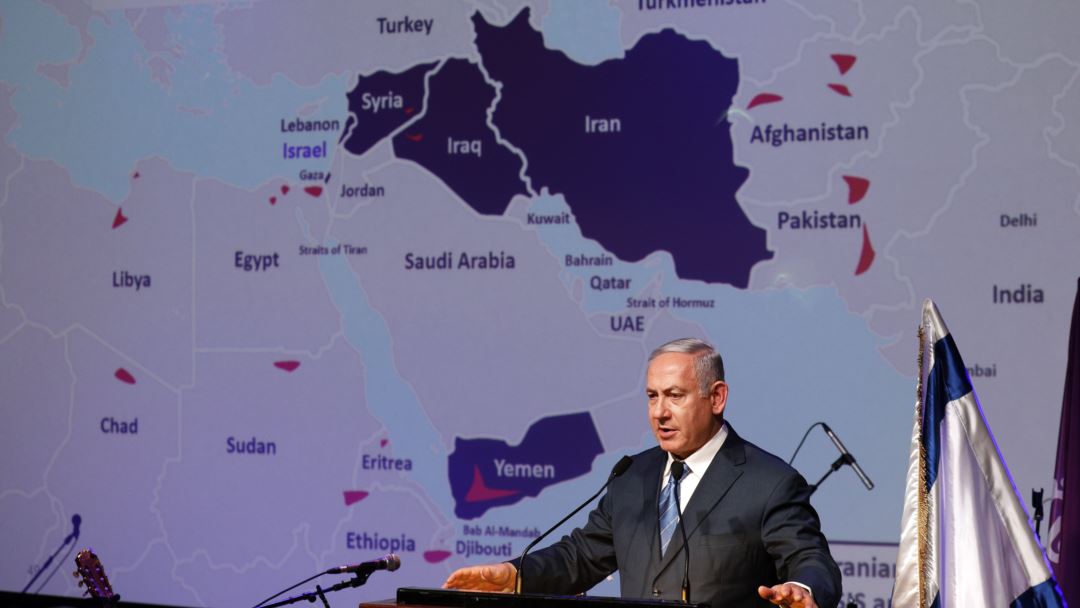Qassem Mohebali told the Strategic Council on Foreign Relations that threats made by the Zionist regime against Iran in its neighbourhood depend in the first hand on the relations between Tehran and countries such as the Republic of Azerbaijan, the United Arab Emirates and other littoral states of the Persian Gulf such as Saudi Arabia.
Referring to the policies of Iran towards the Zionist regime, he said both the United States and the Zionist regime would normally try to convert Iran’s neighborhood into a centre of threat for the Islamic Republic, considering the strategic relations between the US and Israel.
Mohebali further referred to the efforts by the UAE to build coalitions under the present circumstances against the axis of resistance in the region especially the Islamic Republic of Iran and the Muslim Brotherhood.
“It appears that the Emiratis normalized their ties with the Zionists in order to enter into a coalition with the Zionist regime in the region to put pressure, in their view, on their regional rivals and wherever necessary build a coalition with the Zionist regime with the support of the US in the region against the axis of resistance and Turkey.”
Explaining allegations and differences between Iran and the southern littoral states of the Persian Gulf, he said unfounded allegations on the Iranian islands by the UAE, as well as Bahrain’s representation of Iran as a threat against national interests and Iran-Saudi differences over Yemen, Iraq, Syria and Lebanon have caused severance of relations between Iran and some of the Arab countries of the Persian Gulf.
Mohebali said unless relations between Iran and southern littoral states of the Persian Gulf improve, the Zionist regime would normally try to fish in troubled waters.
Asked if there is a serious threat in cooperation between these countries and the Zionist regime against Iran, he said “in the first glance, it seems that these countries are in need of mutual cooperation with each other. While Israel may be basically seeking to act against the Iranian interests, countries such as the UAE and the Republic of Azerbaijan are more trying to resolve their security and economic problems through proximity to Israel.”
He added that Israel is considered as a key point for the US government and other countries that seek to establish good relations with the US and benefit from its technology particularly in the area of strategic weapons and hi techs well know that they need to normalize their ties with the Tel Aviv and or move towards cooperation with the Zionist regime.
On the measures Iran can take to counter the strategic threat made against it by the Zionist regime, Mohebali said Tehran should devise a multi-faceted foreign policy which brings also the Zionist regime threats into consideration.
“Such a threat is mutual. In the meantime, relations between Iran and other Arab countries are of utmost significance and if Iran is able to improve relations with the Arab states, the fear from Iran would evaporate and the Zionists will be unable to advance their anti-Iran policy in the region.”










0 Comments